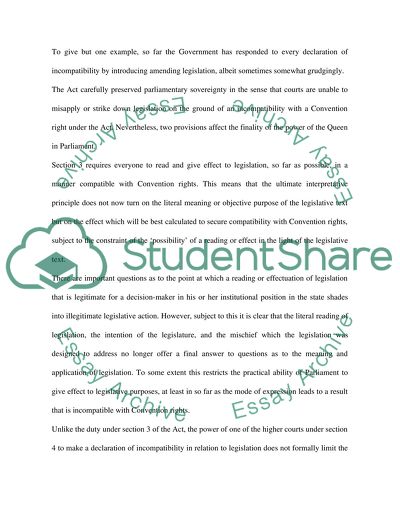Cite this document
(“Human Rights Act Essay Example | Topics and Well Written Essays - 1500 words - 1”, n.d.)
Retrieved from https://studentshare.org/law/1533060-human-rights-act
Retrieved from https://studentshare.org/law/1533060-human-rights-act
(Human Rights Act Essay Example | Topics and Well Written Essays - 1500 Words - 1)
https://studentshare.org/law/1533060-human-rights-act.
https://studentshare.org/law/1533060-human-rights-act.
“Human Rights Act Essay Example | Topics and Well Written Essays - 1500 Words - 1”, n.d. https://studentshare.org/law/1533060-human-rights-act.


